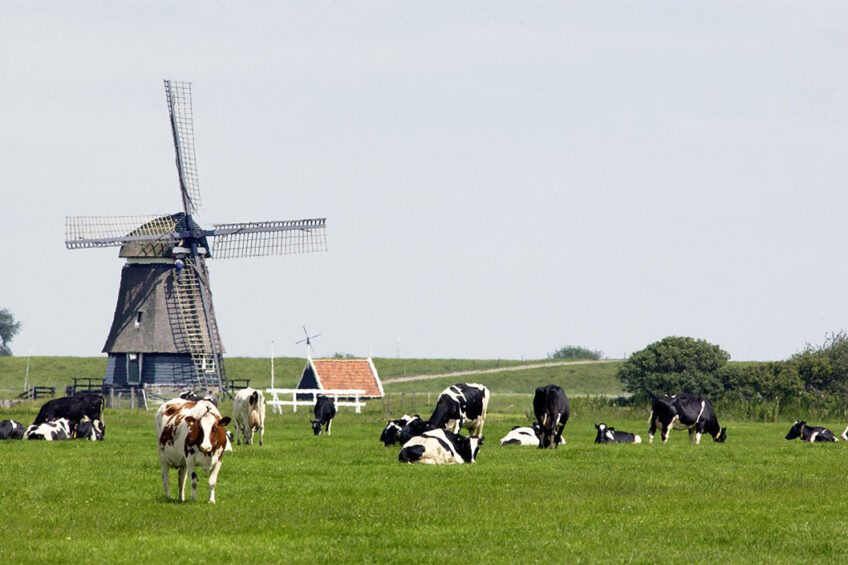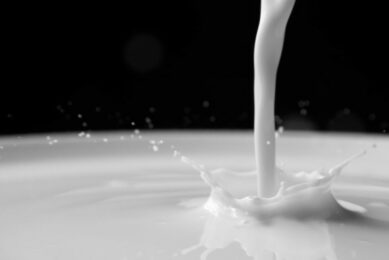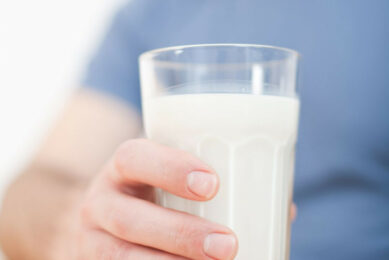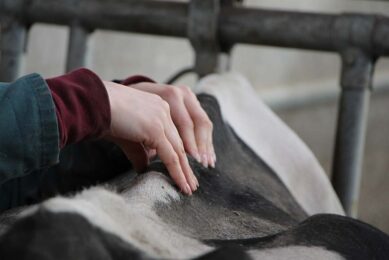Germany has the most organic cows

On a global level, organic dairy farming has grown considerably over the last few years. Germany has the lead position in Europe.
It is no secret that worldwide, organic dairy farming has grown significantly. Figures from Eurostat (2017) show that the number of organic dairy cows in Europe has increased to more than 900,000. Organic milk production in Europe is around 4 billion kilos, which corresponds to about 1.5% of the total milk supply in Europe (EU28). Exact numbers and volumes can not be determined on the basis of the figures from Eurostat, because here and there data is missing and sometimes only estimates are used. Nevertheless, the figures give an impression about the developments in the production of organic milk in Europe.

Growth in Germany
The largest countries for organic milk production are Germany, France, Austria and Denmark, followed by the United Kingdom, Sweden and Italy. Germany has a top position with the most organic cows, which are mainly found in the southern part of the country. In 2017, Germans organic cow population increased with over 28,000 to 203,958 dairy cows. Logically, the production of organic milk also went up considerably by 144,000 tons to 939,080 tons, including organic sheep and goat’s milk.
France, Austria and Denmark
France is one of the smaller countries in terms of organic cows and had 128,386 dairy cows in 2017. In 2017, France saw a modest growth of 8,274 animals. Milk production increased by some 68,000 tons (11.7%) to 649,289 tons. The number of organic dairy cows is also growing in Austria. For 2017, Eurostat recorded 115,080 dairy cows, representing a production of 612,629 tonnes of organic milk, including organic sheep and goat milk. In Denmark, the number of organic dairy cows also increased sharply in 2017 by 12,864 to 70,993 cows. Milk production increased from 516,131 to 541,404 tons including organic sheep and goat milk.
Belgium and the Netherlands
The population of organic cows in the Netherlands has grown considerably to 31,883 organic cows in 2017. Milk production increased by some 25,000 tons to 223,181 tons. This is 1.6% of the total Dutch milk production. Growth was also seen in Belgium, although the total volume is very modest at 112,145 tonnes in 2017. Nonetheless, there was an increase of 23% compared to 2016.
The United Kingdom
Striking in the Eurostat overview is the decline of organic cows in the UK. The number of dairy cows dropped from 81,368 to 77,059. Organic milk production decreased from 519,500 to 492,000 tonnes, including organic sheep and goat milk. For some time, there was overproduction of milk in the UK, due to the loss of the French market that increased their production of organic milk so they no longer need UK organic milk.
Join 13,000+ subscribers
Subscribe to our newsletter to stay updated about all the need-to-know content in the dairy sector, two times a week.










